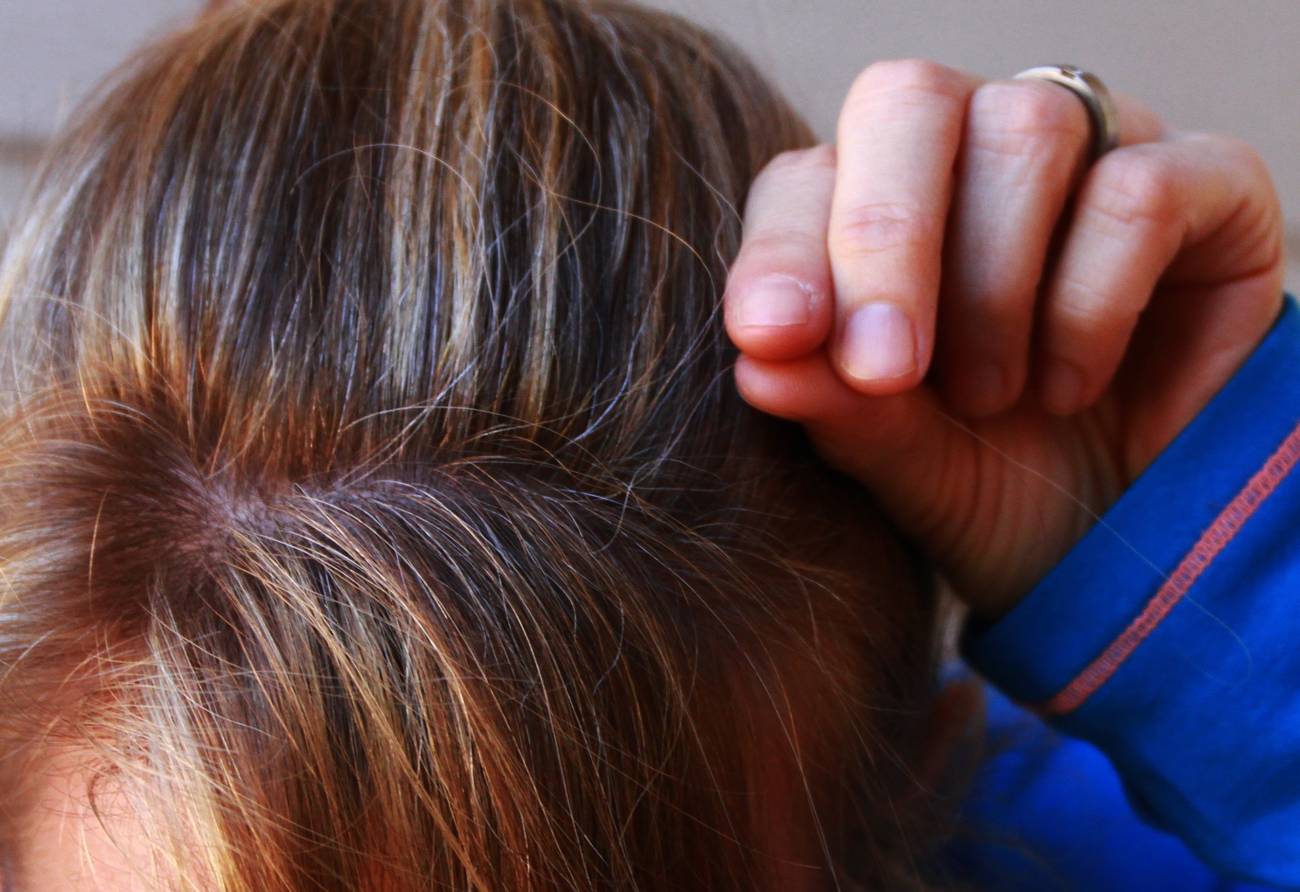In a world where appearances often play a significant role in personal and professional spheres, the impact of hair loss can be profound. For many individuals, receding hairlines or thinning crowns can affect self-esteem and confidence.

Hair transplant procedures have emerged as a viable solution, with Turkey being a renowned destination for those seeking to restore a fuller head of hair. Not sure if a hair transplant is the right move for you? Here are 6 signs that may indicate whether you need this procedure.
A receding hairline, often one of the earliest indicators of potential hair loss, manifests as a gradual shift in the position of your hairline, particularly around the temples. This phenomenon is commonly associated with male pattern baldness, a hereditary condition that affects a significant percentage of men. As the hairline recedes, it leaves a distinctive “M” shape on the forehead.
Recognizing this early sign is crucial for those considering a hair transplant, as it allows for proactive measures to address the issue and restore a more youthful appearance. A receding hairline can impact self-confidence, making early intervention with a hair transplant a valuable choice to counteract the progression of hair loss and maintain a youthful aesthetic.
Thinning of the crown refers to the gradual reduction in hair density on the top of the scalp, often resulting in a widening part or visible scalp. This progressive hair loss can be a cause for concern as it affects the overall volume and coverage of the hair. If you notice an increasing visibility of your scalp, especially when hair is wet or under certain lighting conditions, it may be an opportune time to explore the potential benefits of a hair transplant.
Addressing thinning crowns can significantly enhance the aesthetic appeal and symmetry of your hair. A thinning crown can impact hairstyle choices and may lead to a diminished sense of confidence; a hair transplant can offer a permanent solution to restore both the visual and psychological aspects of your hair.
Various over-the-counter treatments and medications are available for individuals experiencing hair loss. While these non-surgical options can be effective for some, others may find limited success in halting or reversing hair loss. If you have experimented with different non-surgical treatments without significant results, it could be an indication that your hair loss requires a more comprehensive and lasting solution. In such cases, you may want to consider the Turkey Hair Transplant Package to achieve visible and enduring results. Limited success with non-surgical treatments can be frustrating, impacting one’s emotional well-being and prompting the consideration of a more permanent solution with a hair transplant.
While shedding a certain amount of hair daily is normal, excessive hair shedding can be an early sign of a potential hair loss issue. If you consistently find more hair in your brush, on your pillow, or in the shower drain than usual, it may be indicative of an underlying problem. This increased shedding can result from various factors, including hormonal changes, stress, or genetic predisposition. Recognizing this sign early on allows individuals to explore interventions such as a hair transplant to counteract further loss and promote hair regrowth. Excessive hair shedding can be emotionally distressing, impacting daily routines and self-perception, making a hair transplant a proactive choice for those seeking a more stable, lasting solution.
Genetics plays a pivotal role in determining the likelihood of experiencing hair loss. If there is a family history of baldness, especially on either side, individuals may be genetically predisposed to hair loss. Understanding this familial pattern provides valuable insight into the potential trajectory of one’s hair health. Those with a family history of baldness should be vigilant in monitoring signs of hair loss, as early intervention, such as a hair transplant, can be more effective in preserving and restoring hair. Knowing your genetic predisposition empowers you to make informed decisions, ensuring that a hair transplant is considered early in the progression of hair loss.
Beyond the physical signs, the emotional toll of hair loss is a critical factor to consider. If thinning hair or a receding hairline negatively impacts your self-esteem, confidence, or overall well-being, it may be time to explore transformative solutions. A hair transplant can be a powerful step towards reclaiming a positive self-image, alleviating the emotional burden associated with hair loss, and fostering a renewed sense of confidence. The negative impact on self-esteem can affect social interactions and personal relationships, emphasizing the significance of a hair transplant in restoring not just hair but also overall well-being.
In the pursuit of personal well-being and confidence, recognizing the signs that signal a need for a hair transplant can be transformative. Remember, a hair transplant isn’t merely a cosmetic procedure; it’s a journey toward self-empowerment and renewed confidence.
As advancements in medical technology continue to make these procedures more accessible and efficient, individuals contemplating a hair transplant can take solace in the fact that the path to hair restoration is increasingly within reach.
This is a collaborative post.